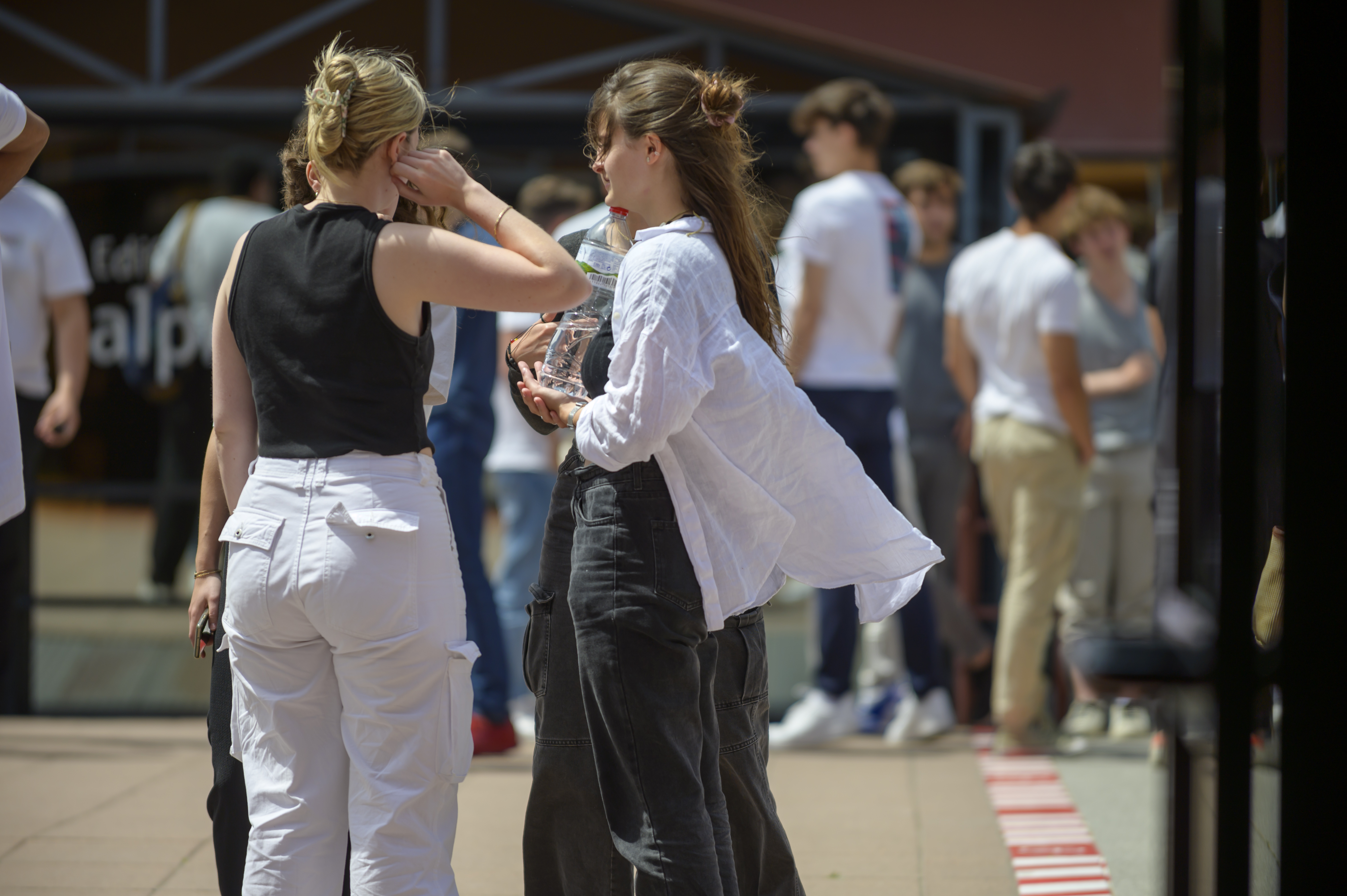Barcelona Unveiled: a Mediterranean Tapestry of Art, Architecture, and Culture
Why choose the UIC Barcelona Summer Programme?
- Students come first and are the heart of UIC Barcelona.
- International immersion: fostering cross-cultural connections among local and international students
- Renowned teaching staff with a broad international background.
- Theory lessons are combined with field trips.
- Tailored student support.
- Prime Campus Location.
Who is the course aimed at?
International and local students from any discipline.

Presentation
Barcelona Unveiled - A Mediterranean Tapestry of Art, Architecture, and Culture
This multi-faceted programme aims to provide both international and local students with an in-depth understanding of Barcelona’s rich heritage by exploring its art history, architecture and the unique cultural tapestry of the Mediterranean region.
Week 1: Art Through Time: a Journey Across Barcelona's Artistic Epochs
This History of Art in Barcelona course provides a comprehensive overview from Roman Barcelona to the Renaissance and Baroque periods. After a general introduction outlining the course's objectives and emphasising the cultural significance, we will explore the artistic legacy of Roman Barcelona, the artistic evolution during the medieval era (Romanesque and Gothic styles), and key developments in the Renaissance and Baroque periods. This culminates in a walking tour through Barcelona, a practical experience to immerse participants in important monuments and heritage sites studied. Overall, the course offers a comprehensive understanding of the city's rich artistic history.
Week 2: Modernisme Unveiled - Tracing Barcelona's Architectural Evolution from Industrial Roots to Gaudi's Masterpieces
Around 1900, Modernisme represented the desire for modernisation in Catalan culture as a whole. Architecture, fine art, music and literature played a decisive role in this project. This course will examine the work of the main architects and designers of Catalonia during the Art Nouveau era. Special attention will be paid to the Modernista architects such as Antoni Gaudí, Lluís Domènech i Montaner and Josep Puig i Cadafalch. A session will be also dedicated to the urban transformation of the city for the Olympic Games of 1992.
Programme
Week 1: Art Through Time: a Journey Across Barcelona's Artistic Epochs
- 7 July 2024 - General Introduction.
An overview of the course, its objectives and the cultural importance of studying the history of art in Barcelona. - 8 July 2025. Barcino Romana.
Exploration of the artistic legacy of Barcelona's Roman period. - 9 July 2025. Medieval History - Romanesque and Gothic.
Examine artistic evolution during the medieval era in the context of Romanesque and Gothic styles. - 10 July 2025. Renaissance and Baroque.
A journey through the Renaissance and Baroque periods, analysing key artistic developments. - 11 July 2025. Visit - Walking tour of Roman, Romanesque and Gothic Barcelona.
An on-site class to delve deeper into the monuments and the most important heritage from different periods in the city.
Week 2: Modernisme Unveiled - Tracing Barcelona's Architectural Evolution from Industrial Roots to Gaudi's Masterpieces
- 14 July 2025. The origins of Modernisme.
Understanding the historical context and influence of the Industrial Revolution, the Catalan Renaixença and the Eixample. - 15 July 2025. Life and works of Gaudí.
In-depth exploration of Antoni Gaudí's innovative architectural contributions. - 16 July 2025. Other important Catalan modernist architects.
Highlighting the works of Lluís Domènech i Muntaner and Josep Puig i Cadafalch. - 17 July 2025. The transformation of Barcelona after the Olympic Games and Smart Cities.
Case study on Barcelona urban planning from 1992 to the present. - 18 July 2025. Field Study - Tour of Modernista Barcelona.
An outdoor tour of iconic places, including Casa Batlló, Casa Amatller, Casa Lleó Morera and La Pedrera.
Prerequisites & admissions
The program will be taught entirely in English.
A minimum level of English B2 is required for non-native English speakers.
Contact
Email: summer@uic.es
WhatsApp: +34 657369544